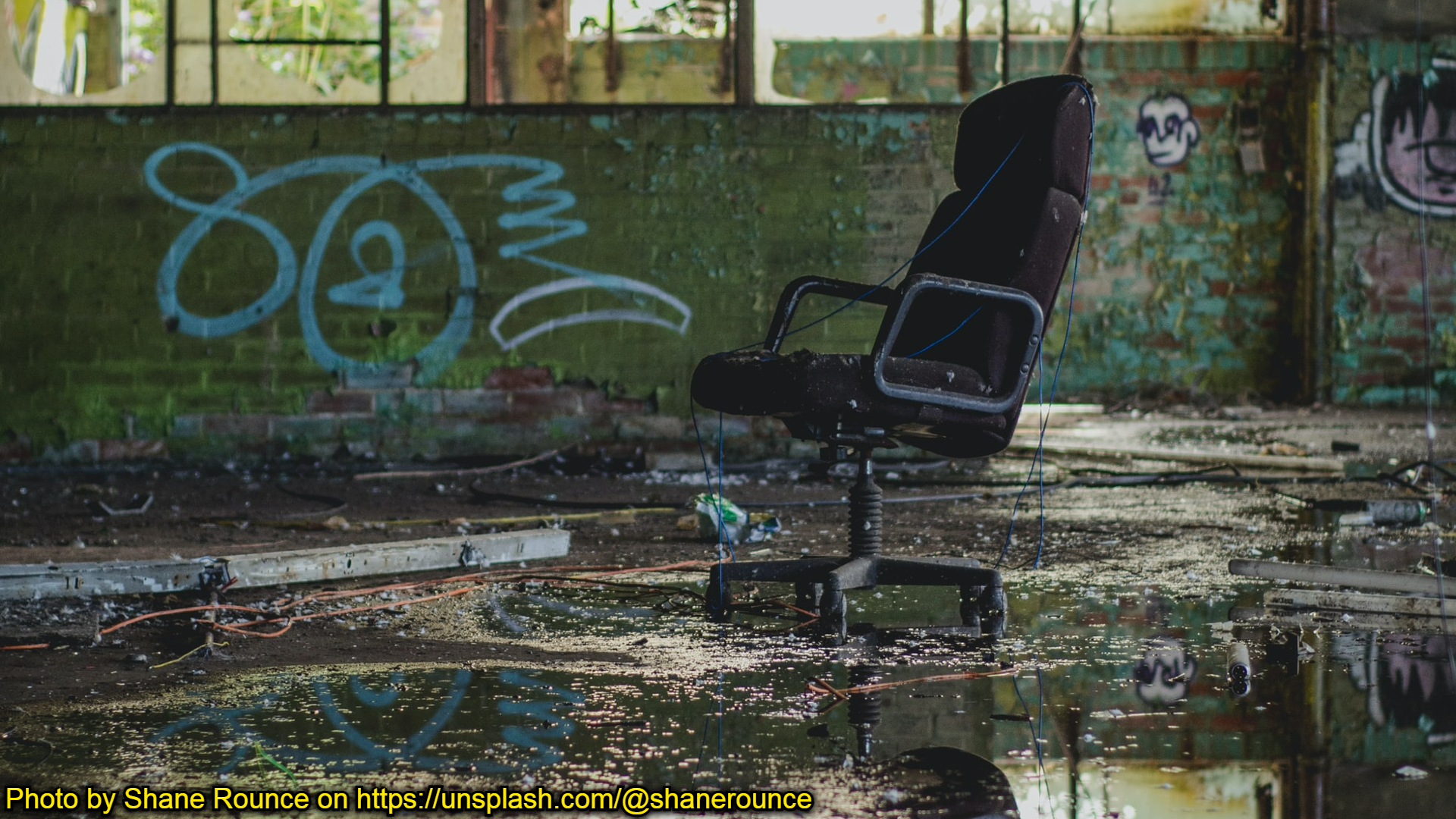There is no denying that technology has done wondrous things for society though many of us do take these advancements for granted, unless our internet goes out or the battery dies on our smartphones for example, but technology has vastly improved our means to stay connected the world over, it has helped improve business, education, medication, transportation, as well as countless things in our daily and social lives, far too many to mention here, but not everyone is reaping all or any of its benefits, yes the advancements in technology makes the tech more user friendly and the introduction of new technologies can and does make life easier, but as another piece of tech is introduced or improved upon, millions of people are being further alienated from society altogether, it’s freighting to then think that we are so reliant on technology and becoming ever reliant upon it, to the extreme that vast swathes of people are left to fall by the wayside.
Of course age plays one of the biggest factors in this great disparity, though you will likely then be surprised to learn that it’s only 47% of over 75’s who are being locked out, not forgetting that people are living a lot longer, 75 isn’t old in the grand scheme of things, hek, my uncle in his late 80s taught his mother in her early 100s how to email, use skype, WhatsApp and Facebook and he certainly wished he hadn’t, she won’t leave him alone for two minutes with one message and video call after the other, and many of us know of a parent, grandparent or older relative who years ago would phone up every time they wanted to use the computer as they forgot how to turn the thing on, ‘again’, who now years later could teach us a few tricks on the device, this in itself proves that many of the older generation are fully capable of using much of this tech, it’s all about showing them how to. The demographics not being considered in this locking-out are predominantly under 55s, many mid to low income families, many disabled individuals, many refugees and of course the homeless cannot either afford such technologies, know how to use them or have access to them, and it is these individuals who are being left behind to fend for themselves, and you might think there are still many ways for some in the above mentioned to get by in life, and there is, but this is shrinking by the day. When was the last time you looked for a job, tried to order groceries to the door, book a holiday… without access to the internet and smart devices? As you will start to notice, even long before the pandemic many high street independent stores were closing due to a drop in footfall and because of the ability to buy online at a better price and with free delivery from the comfort of your home or office, meaning the high street stores couldn’t compete with their vastly bigger overheads and therefore had to shut shop, according to a report in Forbes in the US alone in 2018 there were 50,828 store closures due to the competition from the rise in online outlets, and this figure is rising and it’s inevitably not just the US who are experiencing these affects. Bank branches here in the UK are closing by the plethora, according to Which.co.uk some 5,049 branches from Barclays to NatWest have disappeared from our high streets since 2015 and there are thousands of more closures on the cards, simply because people do their banking online, people don’t walk into a travel agents anymore, in a report from April 2014 on the BBC 45% of high street travel agents closed their doors and in 2017 according to Travel Daily Media almost 700 high street travel agents went out of business from the stiff online competition, and when you start to equate such things as taxis and parking where apps or mobile based contactless payment systems are replacing cash and credit cards, booking a repeat prescription for you medication, vaccine passports, job searching… you very quickly realise life without technology can be and is for many extremely difficult indeed, especially when we are told cash will become obsolete by 2030.
Much needs to be done and considered to stop and prevent this disparity, as technology plays such a crucial role in our lives it should be a given right that those who cannot afford, or do not understand, be given the means to, in an article by Carolyn Wilson-Nash and Julie Tinson (marketing professors at the University of Stirling) published on The Conversation they say:
“The solution is not simply to give devices to those without smart technology. While there is a need to provide affordable internet access and technology, and offer support in learning new skills, we need to recognise diversity in society.
Services should provide non-digital options that embrace equality. For example, cash systems should not be abolished. There might be a demand for services to become digital, but service providers need to be aware of the people who will be isolated by this transition.
Retailers, local councils, health providers and businesses in tourism, entertainment and leisure should try to understand more about the diversity of their consumers. They need to develop services that cater for the needs of all people, especially those without access to technology.”
And they are right, we (businesses) need to consider the effects new technologies we choose to migrate to or create have on not just us but those around us.
On another note if you are considering your companies IT support or are interested in what we can offer then why not call us today on 01737 824 003, or email us at support@tlptech.co.uk.















